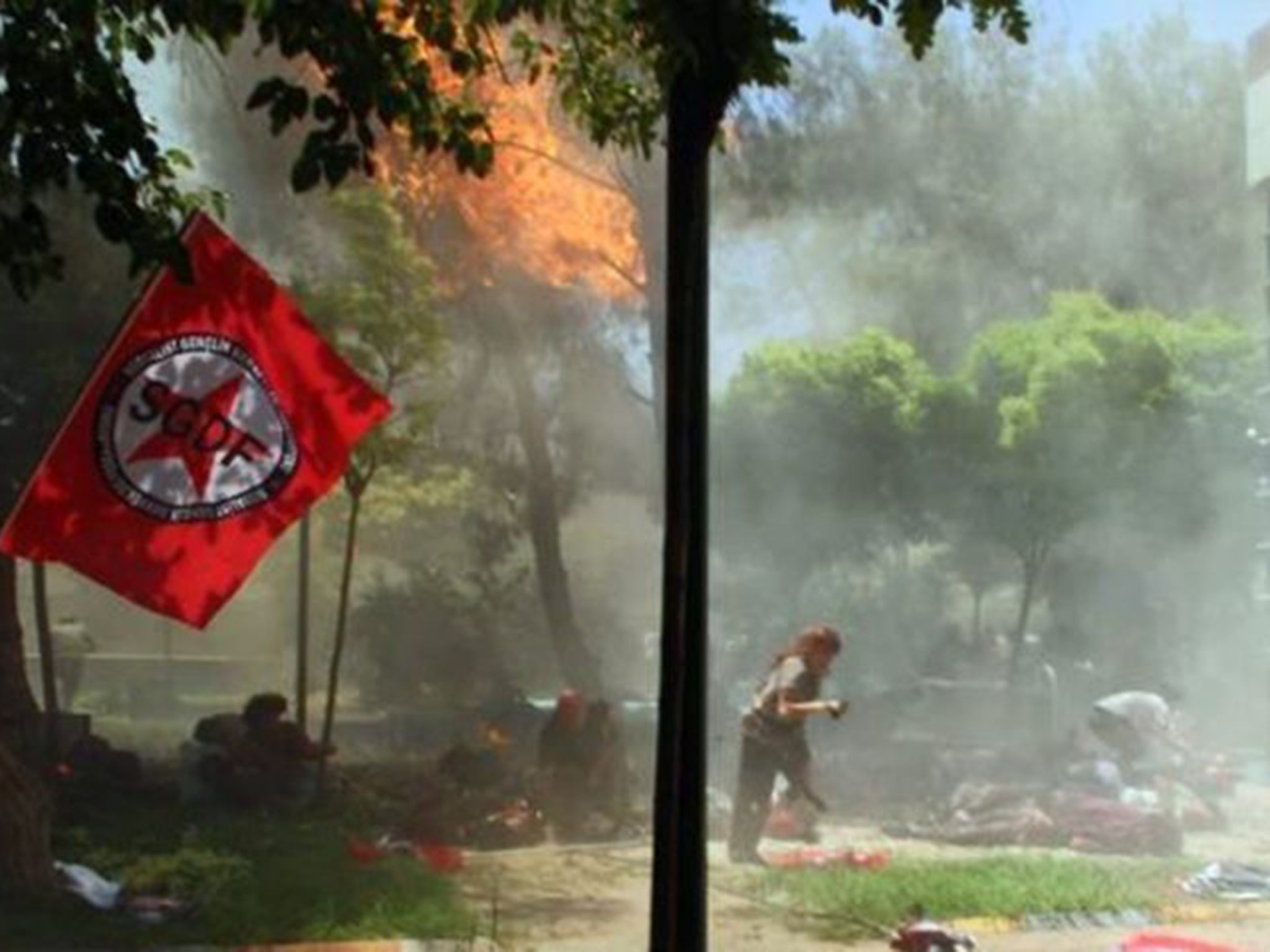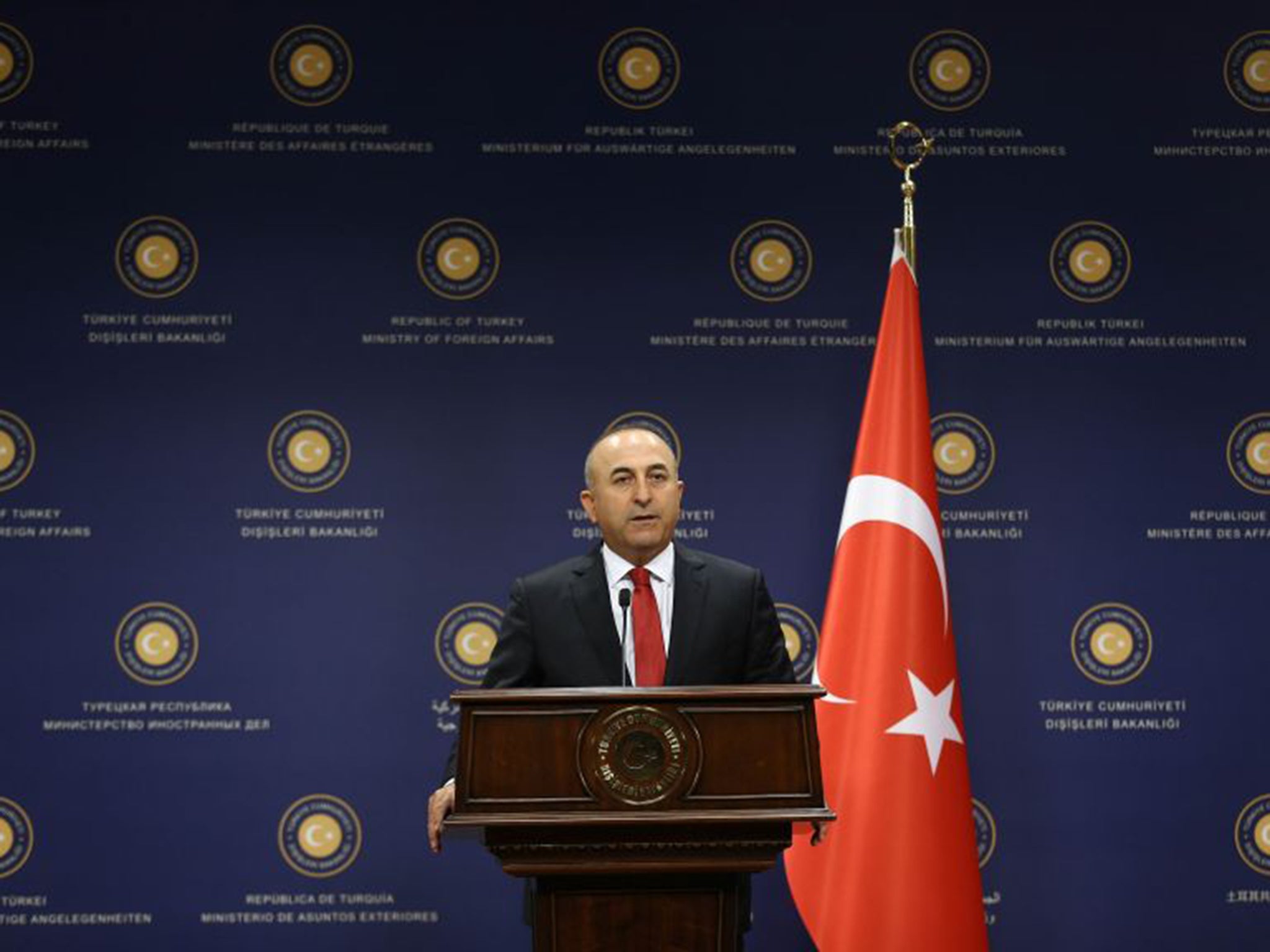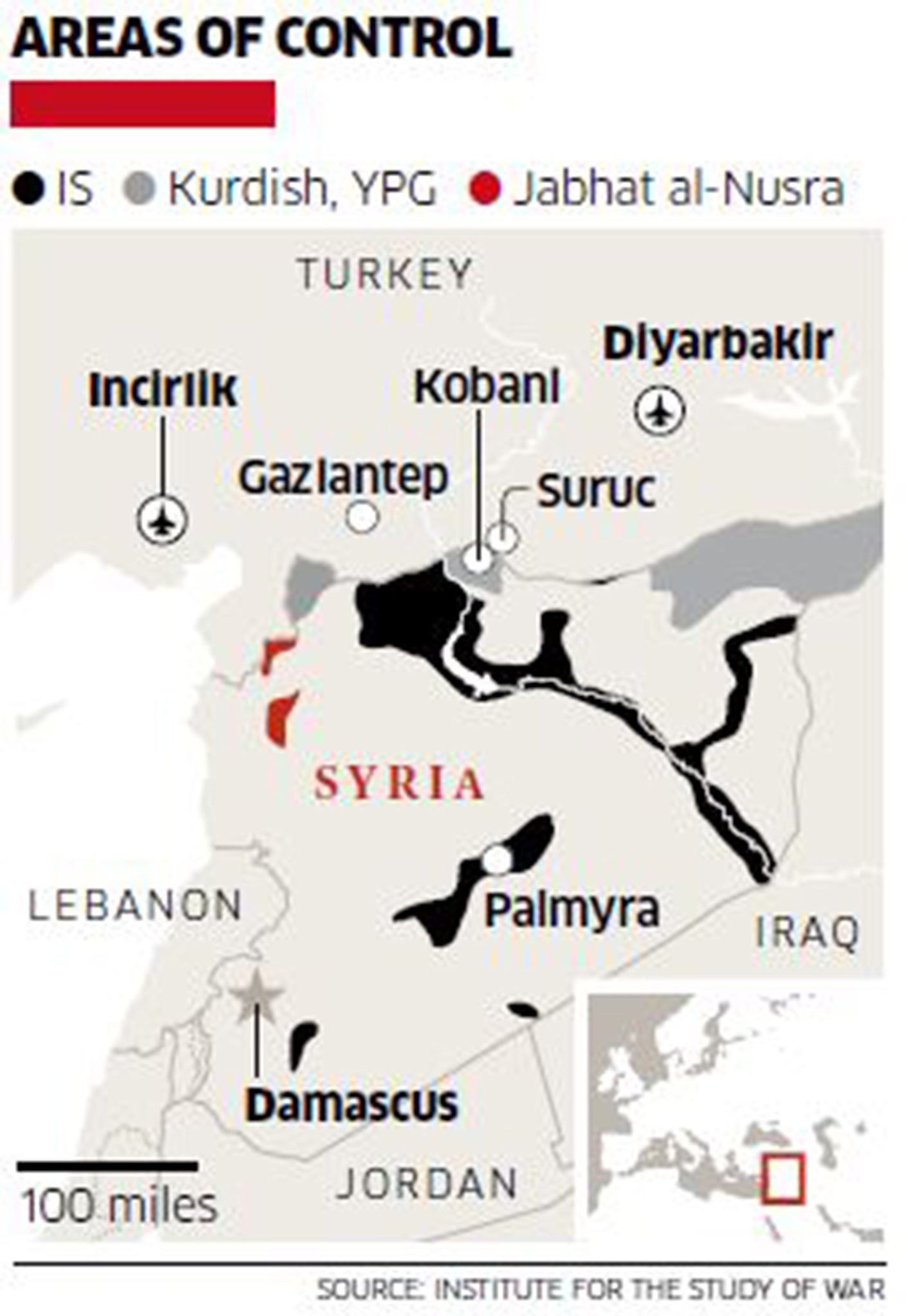Turkish airstrikes against PKK in Iraq throw two-year ceasefire with Kurds into jeopardy
Raids form part of Turkish government's crackdown on 'terrorist threats'

Your support helps us to tell the story
From reproductive rights to climate change to Big Tech, The Independent is on the ground when the story is developing. Whether it's investigating the financials of Elon Musk's pro-Trump PAC or producing our latest documentary, 'The A Word', which shines a light on the American women fighting for reproductive rights, we know how important it is to parse out the facts from the messaging.
At such a critical moment in US history, we need reporters on the ground. Your donation allows us to keep sending journalists to speak to both sides of the story.
The Independent is trusted by Americans across the entire political spectrum. And unlike many other quality news outlets, we choose not to lock Americans out of our reporting and analysis with paywalls. We believe quality journalism should be available to everyone, paid for by those who can afford it.
Your support makes all the difference.Turkey has launched airstrikes against the Kurdistan Workers’ Party (PKK) in northern Iraq, with more said to be on the way, threatening to bring to an end a two-year ceasefire between the group, which is outlawed in Turkey, and the government.
The raids form part of a stepping up by Turkish government against what they call the “terrorist threats” against the country. The airstrikes came a day after Turkey bombed Isis targets across the border in Syria, the first major show of military force against the group.
Tension surged after an Isis-affiliated suicide bomber killed at least 32 people in the border town of Suruc on Monday. Groups in the Kurdish-majority south-east of the country blamed the Turkish government, accusing it of supporting Isis, which Ankara has denied.
The PKK, designated a terrorist organisation by Turkey and its allies, had largely observed the ceasefire over the past two years until its armed wing, the HPG, claimed responsibility for the killing of two police officers on Wednesday in retaliation for the Suruc attack. Another police officer was killed on Thursday, and there have been other attacks across the country.
PKK declared the ceasefire with Turkey effectively over after Turkish forces launched airstrikes on the group’s camps in northern Iraq.
The attacks threaten to put an end to the already shaky peace process that began in 2012 after 30 years of conflict, with the PKK having been fighting for autonomy since 1984. “The ceasefire has been unilaterally ended by the Turkish state and the Turkish military. The truce has no meaning any more after these intense airstrikes by the occupant Turkish army,” the PKK said on its website.
Cvernight on Friday, Turkish forces went on to hit PKK targets in the Qandil mountains of northern Iraq, its command centre, the Prime Minister’s office said. Acting Prime Minister Ahmet Davutoglu has vowed to continue with the attacks against both IS and the PKK.

“With the bombardment, Turkey has ended the ceasefire,” said Zagros Hiwa, a spokesman for the PKK and the Kurdistan Communities Union (KCK) based in the Qandil mountains, told The Independent on Sunday. “It ended the ceasefire and it ended the peace process unilaterally. From now on, we will continue our struggle against all odds.”
Police in Turkey police have detained nearly 600 people in raids across the country over the past two days, many for their suspected links to the PKK and Isis. “Whichever terrorist organisation poses a threat to the borders of the Turkish republic, measures will be taken without hesitation. Nobody should have any doubt,” Mr Davutoglu said.
Late on Friday Mr Davutoglu said: “Since the 7 June elections, there have been 281 terror attacks, including 121 armed attacks, five kidnappings [and] 17 extortions.”
The attacks have prompted Turkey to say that it would allow its air bases to be used by the US-led coalition forces for operations against Isis – including the Incirlik airbase, and potential use of the air base in Diyarbakir, from which Friday’s attacks were launched. Mr Davutoglu announced that he had ordered “a third wave” of raids against the Isis in Syria and a “second wave” of strikes against the PKK in northern Iraq, but didn’t provide details on areas hit.

Foreign Minister Mevlut Cavusoglu said that once swathes of northern Syria are cleared of Isis fighters, “safe zones will be formed naturally” and that “people who have been displaced can be placed in those safe zones”.
The Kurdish regional government in Iraq said in a statement that its President, Masoud Barzani, had “expressed his distress” in a conversation with Mr Davutoglu.
Mr Barzani “emphasised that they have made many previous calls in order for the problems not to get escalated as peace is the only method of solving the problems and that many years of dialogue is better than one hour of war”, the statement read.
The Kurdish-rooted HDP announced it would cancel today’s planned “peace march” after Istanbul’s governor declined to give permission.
Subscribe to Independent Premium to bookmark this article
Want to bookmark your favourite articles and stories to read or reference later? Start your Independent Premium subscription today.
Join our commenting forum
Join thought-provoking conversations, follow other Independent readers and see their replies
Comments